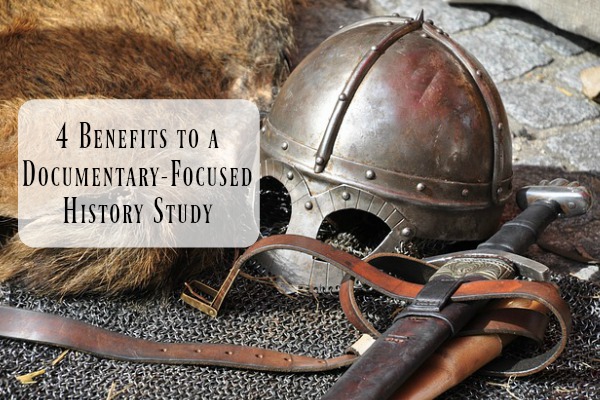
We have just finished our 3rd year of a documentary-focused history study and it has been an amazing way to explore history. Along the way I’ve discovered 4 amazing benefits to learning history through documentaries.
1. Watching documentaries is more engaging than reading a textbook
I don’t know about you, but I would love it when my teacher would pull out the TV to show a video for history class. This wasn’t because I was looking for a way to get out of work, but because the standard lectures, textbook, and memorizing dates resulted in extreme boredom and a distaste for history in high school.
As I thought about how to approach history with my boys, I remembered how engaged I was with the documentaries so I decided to give it a try.
I started by choosing a textbook that covered the material in an interesting way. I liked the Ancient World History: Patterns of Interaction and Modern World History: Patterns of Interaction textbooks because they were full of pictures and graphics to go along with the text.
Once I chose our spine, I made a basic outline for each section of the book. I wrote the page numbers of the book on the outline as well. I then went on a search for documentaries for each topic. Youtube is a great resource. Some topics had an abundance of documentaries available while others were difficult to find even one. I then put links to all of the videos under each topic so it would be easy for my boys to just go down the list.
Check out the studies I made for the middle ages, early modern history, and modern history.
2. Independent
Subjects that can be done independently are a big plus when you are homeschooling more than 1 child. Once I set up the documentary-focused study, I posted it up on this blog with the links to the videos so my boys could easily click the links to watch the videos or see what the next reading assignment was.
3. Different viewpoints
Textbooks written for elementary – high school aged children tend to present one standard viewpoint. It isn’t until college that a student is taught other viewpoints and to think critically about history. Documentaries assume the listener is willing to think critically and presents viewpoints that are not white-washed for kids.
4. Covers the why and how thoroughly
Textbooks seem to be quite light on the why and how of history. They do well with general information, names, and dates, but most just don’t really cover why people did what they did or how they did it. Tha’ts where documentaries come in. They do an excellent job covering the why and how of history. I don’t know about you, but I learn better that way.
As we leave the middle school years and approach high school history, documentaries will still be part of our mix.
How about you? Do your kids like documentaries?
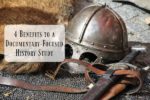


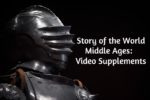
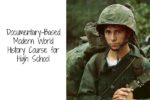
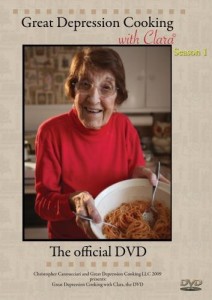

Watching documentaries that will give different viewpoints and challenge the listener to think critically is a great idea. Being able to get the different viewpoints would give you the chance to have all the information you need. Making sure you watch documentaries that are well done and have the best information on the topic would help you be well informed on the subject.
Do you have a list of the documentaries?
Wow. thank you for this site. I’ve searched for hours for a site that is unique and eclectic and from an experienced non traditional viewpoint, and not just directed at young children, but many teens also. This inspires me. Looking into this post, looking into the Blender thing, and excited. It may be hard for me to find inspiration because I am a veteran artistic, CM homeschooler. Perhaps because I believe we’ve tried it all of over 25 years with 13 children, now down to the last 6. But you have inspired me. Thank you.